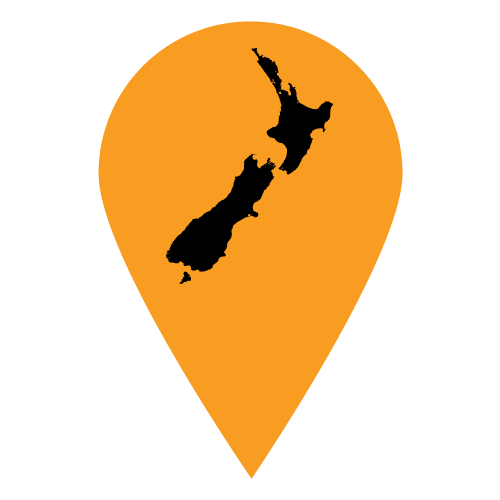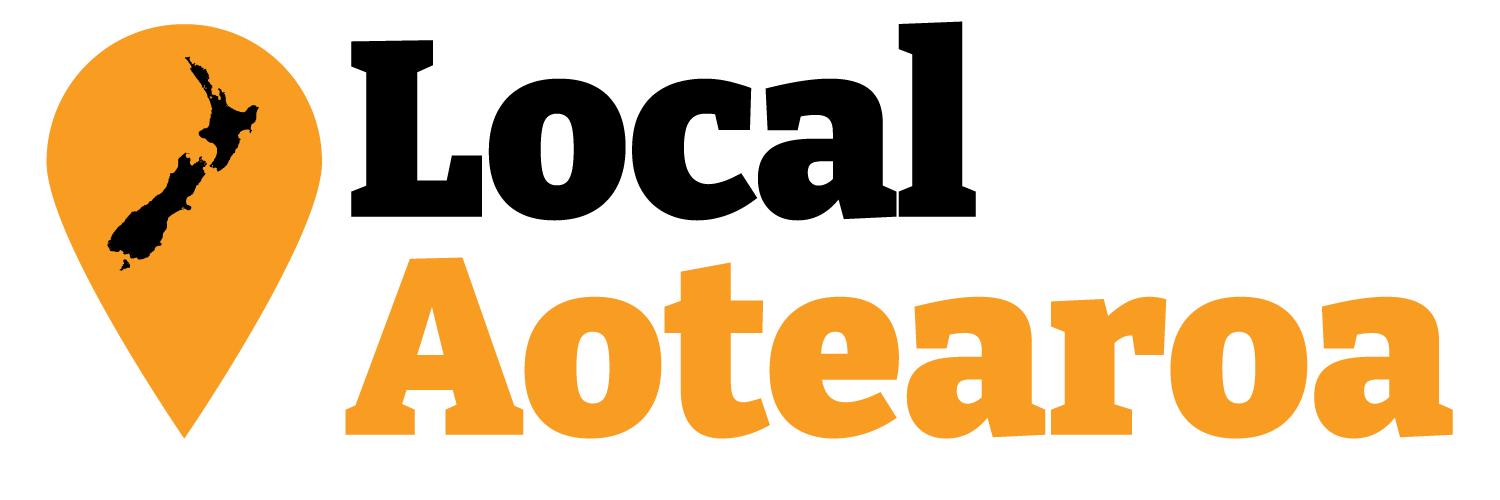What I'd look for in a Crown Observer
An AI-generated image of a 1930s film noir style detective.
An article from the NZ Herald’s Georgina Campbell speculating on who might be the Crown Observer appointed to Wellington City Council got me thinking: if I were in Simeon Brown’s shoes what type of person would I want to be performing the role for the next eight to nine months?
The first consideration is to remember what exactly the role of a Crown Observer is. They’re more than a Crown Review Team, which largely investigates an issue and makes recommendations. They’re also not as hands on as a Crown Manager who can do a bit of investigating but is largely there to direct a council to get certain things done. They’re definitely not commissioners either, which are essentially putting in place a whole new governance structure that needs to be able to navigate the politics, public engagement, governance, financials, as well as understand central government’s expectations of why they were installed.
Crown Observers occupy a middle ground.
They’re there to investigate specific issues as covered by their terms of reference and make recommendations formally to the minister on them, but they’re also there to assist the council on how they might try and address those issues. That assistance isn’t binding in the way that a Crown Manager can direct a council to do certain things, rather I imagine it plays out more as being a sounding board for elected members and officials, providing a separate perspective on how the council might want to address a given issue, and essentially introducing a bit of contestability into the governance - officers dynamic. There’s no explicit compulsion for the council to do what the Crown Observer might suggest as there is with a Crown Manager, but obviously the spectre of whether not following their advice might lead to further intervention is going to be there.
So with that in mind, it’s worth referring to why Simeon Brown specifically appointed a Crown Observer to Wellington City Council (and I still haven’t seen the draft terms of reference yet so if anyone wants to send them to me, please feel free!). In his press release on the Beehive website, Brown identifies several concerns:
The council’s ability to manage their Long Term Plan amendment and adoption process.
Whether the council is utilising its balance sheet appropriately in order to maintain critical infrastructure and whether it understands the mechanisms available to it to do so.
The behaviour of elected members, including walking out of or not participating in votes, being confused over decisions, amendments, and voting, and public criticism of one another and Council staff.
So to me there’s four particular areas of expertise and experience that need to be covered. They are:
an understanding of local government plans and processes, especially around long term plans, and how to navigate these successfully,
financial acumen to identify how and why the council is trying to fund things the way they are, and be able to provide advice on alternative arrangements using the existing tools available,
experience with local government’s role in building and maintaining its essential infrastructure, with a likely focus on water services and roads.
knowing how to navigate the politics and processes of councils’ governing bodies, including building constructive relationships with the elected members on them especially in a high-profile environment like Wellington is.
So in short you need someone who can cover operational processes, finances, infrastructure and governance.
If I were considering who to appoint, I would probably be initially leaning one of two ways in terms of where I’d be searching for a suitable candidate:
A former mayor from another city or region who’s demonstrated they’ve been able to handle these issues capably for a number of terms and has experience on the financial side of things, or
A former long serving CEO from a comparable city or large district council that is considered to have performed well in their role and has a strong financial background.
There’s challenges to balance up in all of this. Appointing a former mayor might be seen as too much of a focus on the governance issues, which if I’m honest are pretty standard across most councils - just look at the likes of Dunedin, Christchurch, Environment Canterbury, Hutt City, Wellington, Kāpiti Coast, Carterton, Hamilton and Auckland in recent years. However, they might be seen as being removed enough from the operational side to be able to critique advice that’s been coming through to elected members.
A former CEO might offer more ability to dig in more on operational concerns thanks to their first-hand knowledge of what takes place on the staffing side of things, but they might also be considered to be too close to their former colleagues in the sector and mightn’t be impartial enough if there have been concerns around the quality of advice they’ve been providing elected members, and could be perceived as a risk of blaming elected members for their decision making abilities or the culture they’ve created instead.
Ultimately, it depends on the exact candidate who might be available, but those would at least be the backgrounds of people I’d be initially looking at.
What I wouldn’t do is consider anyone who had proactively put their name forward for the role as Brown indicates in the story above that a few have done. You want someone who’s going to be able to be properly dispassionate about it and isn’t being seen by anyone involved as going into the role with any preconceived agenda or bias.
Brown has indicated that the Department of Internal Affairs is managing the process to identify suitable candidates who may be available. However, as we’ve seen there’s been more than a few instances recently where government appointments have gone to people who have entered into the mix separately to the official recruitment process and often have little relevant professional experience for the role they’ve been put into. I wouldn’t expect that to happen here given the high-profile and high-scrutiny that such an appointment and their performance will be subject to, but you can’t rule out odd things happening entirely.
I think two former appointments are useful to think about when considering who might be appointed. The first is when the previous National-led Government appointed a Crown Observer to Christchurch City Council. Given the reason for the intervention was governance issues, it made sense to appoint a former mayor in Kerry Marshall who had extensive governance experience across two councils (Nelson and Tasman) and had exposure to those issues across the broader sector too through having been president of Local Government New Zealand.
The second is the more recent appointment of former Hastings Mayor and former National MP for Tukituki Lawrence Yule as Crown Manager to both Wairoa District Council and Hawke’s Bay Regional Council. In this case, Yule’s connection to the National Party obviously helped, but it’s also hard to argue against his specific expertise relevant to the reason for his appointment - to ensure flood protection works are carried out by the two councils. Yule was mayor of Hastings from 2001 through to 2017 and served nine years as president of Local Government New Zealand. Yule was also serving as chair of Wairoa’s Flood Protection Stakeholder Group, which was already considering the issue at hand, so the combination of relevant experience and being trusted by the minister made sense.
I truly don’t know who Brown might appoint to the role. Unlike me, Brown is also going to weigh up political considerations too with regards to someone who has the expertise required but whose capabilities and advice he trusts to be able to drill down into and figure out what’s going on. No doubt that brings a few former central government politicians and possibly staffers into the mix too.
In any event, we’ll watch with interest as the clock ticks down to the announcement of who the Crown Observer is and what their final terms of reference are in early November.





